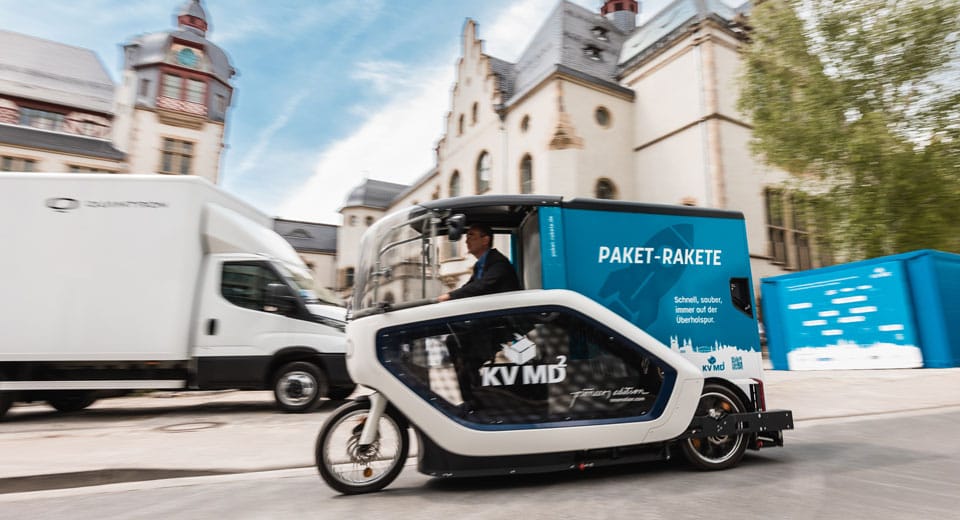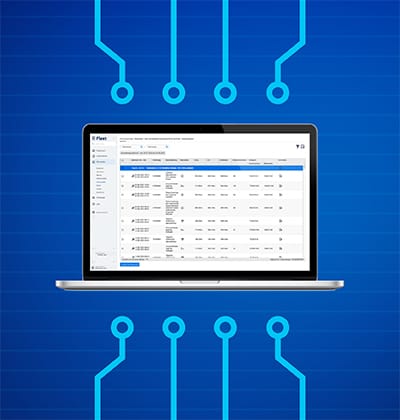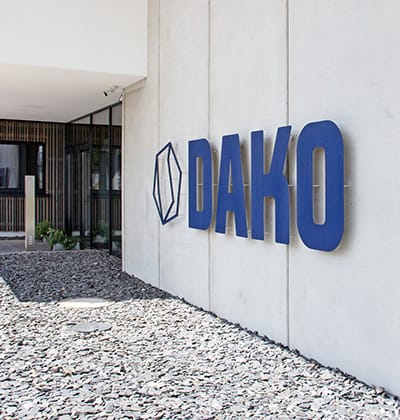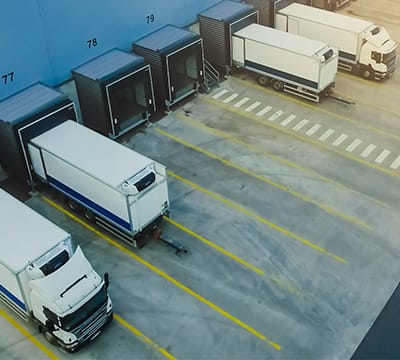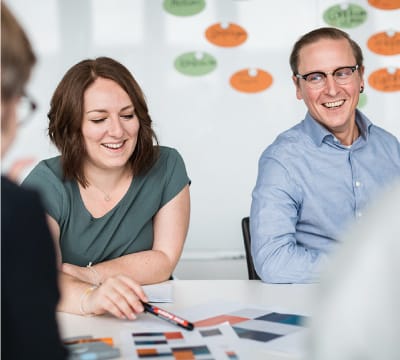Around 140 participants from politics, business, and research came together at this unique networking event to exchange ideas on electromobility and alternative concepts for vehicles and infrastructure in commercial transport.
The welcoming speeches at the event’s opening illustrated the political appreciation of the congress’ long-standing commitment to cooperative and climate-friendly transport solutions. First, Christian Liebich, Head of Division at the Federal Ministry of Economic Affairs and Climate Action, pointed out that the world has changed drastically since last year’s congress. The logistics and transport sector currently faces enormous challenges due to various crisis phenomena. However, these challenges must not lead to a loss of focus for drastic changes in the world of transport and climate protection.
For that reason, the congress and the associated research project SMART MULTI-USE LOGISTIK (SML) are more relevant today than ever before, Liebich said. Following him, Dr Katja Böhler, State Secretary at the Thuringian Ministry for Economy, Science and Digital Society, struck a similar note. Among other things, she referred to the support of the Thuringia state government for the integration of further associated partners into the SML project.
Finally, Dr Thomas Nitzsche, Lord Mayor of the City of Jena, emphasised that the opening up for sustainable transportation concepts is particularly relevant for urban areas. In this respect, Jena is already leading the way with its “Smart City” model project and is planning further initiatives for intelligent, environmentally friendly individual transport. These include, for example, intelligent services for searching and booking mobility offers in the immediate vicinity and sharing concepts from cars to e-scooters.
Christian Liebich
German Federal Ministry of Economic Affairs and Climate Action
In the face of current challenges and disruptions, it is even more important to transition towards alternative forms of transportation to make Germany independent of energy imports in the long term.
Smart Logistics: From Research to Practice
Following the welcome addresses, three representatives of the SMART MULTI-USE LOGISTIK project presented their approach to research and the project’s strong commitment toward live implementation of modes of cooperation and new technology under actual market conditions.
The first presentation centred on the general processes of project coordination which is a challenge of high complexity, given the large number of different partners within this logistics network in the Central German region. A second presentation then explained the necessary artificial intelligence structures behind the digitally optimised route planning within the network. Afterwards, the closing talk of this section gave practical insights into the establishment of package delivery services and package exchange in the Leipzig area. All three presentations showed that many of the hurdles for an effective exchange of parcels were overcome in the first two years of research in the project.
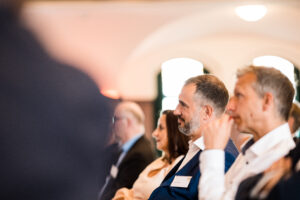
These included the resource-saving automatic planning of tours utilising electrically powered vehicles on the “first” and “last mile” for the coordination of all partners. Therefore, it is now time to open the project to new partners for live operation. With this year’s congress, the SML team actively invites potential new collaborators to join the project.
Electromobility: Technology and its Use in Everyday Logistical Practice
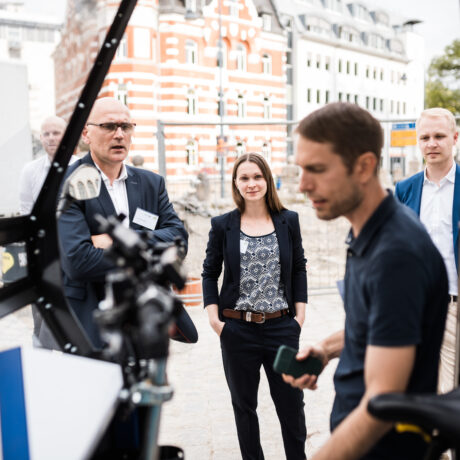
The afternoon of the first congress day was dedicated to the technical details of implementing electrically powered mobility into different domains of the transport business. The presentations presented covered a wide range of topics, which took up the developments of the past years and showed perspectives for the future: from the implementation of the necessary charging infrastructure to modern bicycle logistics concepts to sustainable food logistics and approaches to sustainable and holistic practices in mail order services.
Accordingly, plenty of material for lively discussions and systematic networking between the congress participants was provided.
The sunny weather offered the best possible conditions for various manufacturers to present their vehicles and mobile distribution centres, so-called hubs, outside the Volkshaus and in its large foyer. In this way, the future of intelligent and sustainable logistics could also be experienced in direct contact and during test drives.
Active Workshops and Practical Guidance
Further impulses for active discussion also characterised the second day of the event. First, the VISION Mobility THINK TANK, organised by the publishing house HUSS, was dedicated to the topic of electrically powered vans and trucks “on the last mile”. Following this discussion, the congress guests split up into groups for specific workshops to discuss several topics of the previous day in more detail with expert representatives from the logistics industry and university research. Again, practical application was always in the foreground.
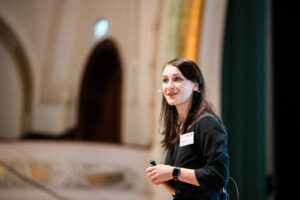
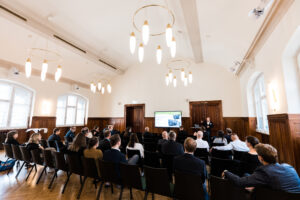
The tenor of the discussions and the general conclusion of the congress was that ecological foresight and economic efficiency in commercial logistics are no longer opposites. Taking up these impulses, the SMART CITY LOGISTIK CONGRESS will keep exploring optimisation potentials on a technical and organisational level in the future and serve as a networking platform for the relevant protagonists of the industry in the years to come.

